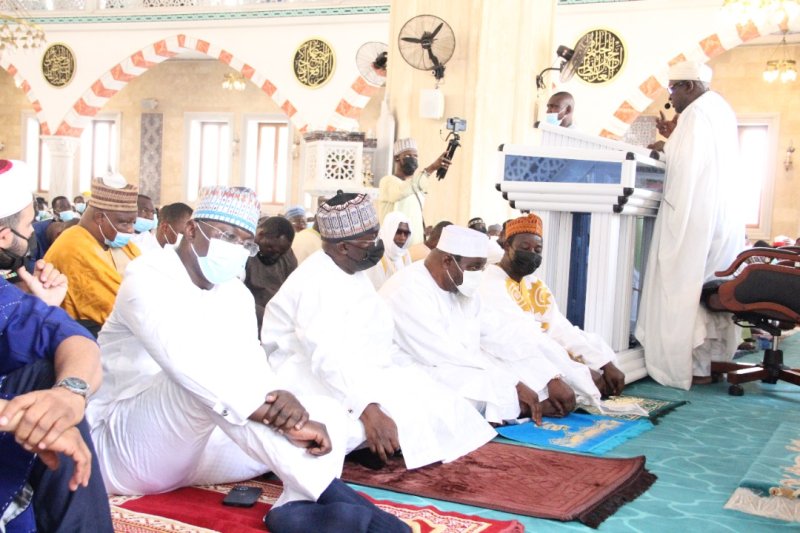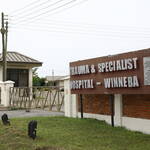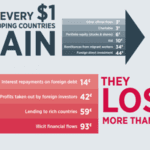Muslims in Ghana will tomorrow join their counterparts the world over to celebrate Eid-ul Adha, the greater Eid, which follows the completion of the annual Hajj pilgrimage at the time of sacrifice.
The day is also dependent on a legitimate sighting of the moon.
Sacrifice is one of the spirits of Eid-ul Adha, the only other festival celebrated by Muslims worldwide beside Eid-ul-Fitr, which marks the end of Ramadan.
In this symbolic gesture to commemorate the act of Prophet Ibrahim to sacrifice his own son Prophet Ismail, Muslims offer animal sacrifice during Eid-ul-Adha.
At the very point of sacrifice, Allah replaced Ismail with a ram, which was to be slaughtered in place of his son.
The command from Allah was a test of Prophet Ibrahim’s willingness and commitment to obey his Lord’s command, without question.
Therefore, Eid-ul-Adha means the festival of sacrifice.
The day of Eid-ul-Adha falls on the tenth day in the final 12th month of the Islamic Lunar Calendar and allows families, loved ones, and communities to fraternise.
Depending on the country, the celebration of Eid-ul-Adha can last anywhere between two and four days.
The act of the sacrifice is usually carried out after Eid Prayers, which are performed in congregation at the nearest Mosque on the morning of Eid.
It consists of slaughtering an animal as a sacrifice to mark the occasion in remembrance of Prophet Ibrahim’s sacrifice for Allah.
The sacrificial animal must be a sheep, lamb, goat, cow, bull, or a camel.
The sheep, lamb or goat consist of one share, whereas a bull, cow or camel consist of seven shares per animal.
The animal must be in good health and over a certain age to be slaughtered, in a “halal” friendly, Islamic way.
The meat can then be divided into three equal portions per share; one-third for the owner and family, one-third is for friends, and the final third to be donated to those in need.
Traditionally, the day is spent celebrating with family, friends and loved ones, often wearing new or best attire and the giving of gifts.
It is important to take lessons from all that happened to Prophet Ibrahim and implement them in one’s life rather than confine the occasion to mere animal sacrifice.
In Quran chapter 22 verse 37 says “their flesh and blood does not reach Allah. Therefore, it is your purity that reaches Him”.
Eid Ul-Adha, therefore, is beyond just slaughter of animals.
Eid-Ul-Adha reminds Muslims of what one basically is – a Muslim; someone who has accepted to submit his will to Almighty Allah.
The occasion is a reminder that no matter what his likings and desires are, when Allah’s will and other comes before him, as a Muslim, it is his duty to slaughter his desires and follow what the Almighty wants from him.
This perhaps can be described as the most important lesson that Muslims need to refresh with them.
That you are not here to live a life you meant to, but rather the kind of life Allah wants you to lead.
Many lessons can be drawn from the story of Prophet Ibrahim, His desire to sacrifice the thing he loves the most to his Lord, being the prominent one.
We all love something or the other in our lives.
This Eid Ul Adha is an occasion to remind us that when Allah’s command is placed before us, we should as Muslims sacrifice that which we love and obey the order of the Almighty.
So this Eid Ul Adha, let us pledge that we will sacrifice something or the other for Allah’s sake, apart from the customary animal sacrifice
- Church of Jesus Christ, Ga Mantse Foundation renovate Adabraka School - 27 June 2024
- Manufacturers, Trade Minister tussle over proposed cement price regulation - 26 June 2024
- Work begins on Nima-Paloma drains - 26 June 2024




